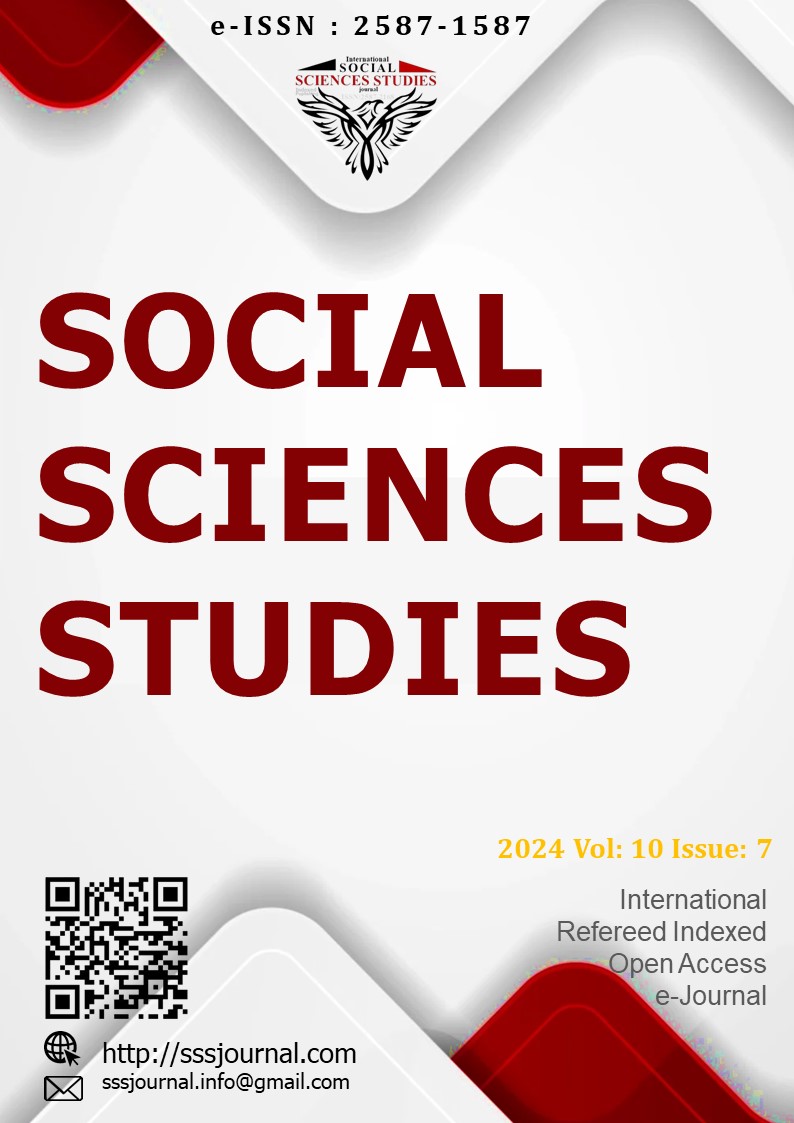Author :
Abstract
İnsanlık tarihinde göç her zaman var olmuştur ancak etkisi hiçbir zaman 21. yüzyılda olduğu kadar büyük çapta olmamıştır. Mülteci krizi aslında modern zamanların modern meselesidir. Zulüm nedeniyle anavatanlarından kaçan mültecilerin sayısının son derece artması, küresel boyut kazanan uluslararası politikanın gidişatını da etkilemeye başlamıştır. Ortadoğu kaynaklı mülteci akınından Batı'daki pek çok ülke etkilenirken, en çok komşu veya ulaşılması kolay ülkeler etkileniyor. Avrupa devletlerinin çoğu, temelde kendilerine gelebilecek zararı minimum düzeyde tutmak amacıyla, krizle baş etmek için çeşitli politikalar tasarlamışlardır. Politikaları ve uygulamaları temel olarak düzenin sağlanması, devlet içindeki ekonomik ve sosyal yapının korunması veya iyileştirilmesi, krizin minimum maliyet ve maksimum fayda ile hafifletilmesine yöneliktir. Michel Foucault'nun nüfusun biyo-politikası dediği şey budur. Bu çalışma esas olarak sığınma hakkı veren devletlerin mültecilere yönelik biyopolitik yaklaşımına odaklanmaktadır. Bu çalışma, öncelikle Michel Foucault'nun disiplin mekanizmalarını ve biyopolitika teorisini açıklıyor; bu, modern yönetişimin temellerinin izini sürmeye yardımcı olurken aynı zamanda ev sahibi devletlerin politikalarını uygulamadaki motivasyonlarını analiz etmeye ve anlamaya da yardımcı oluyor. İkinci bölümde ise ev sahibi ülkelerin sınır politikaları, uygulamaları ve stratejileri ekonomik, politik ve sosyal açılardan ele alınıyor; ayrıca Öteki korkusunun nedenlerini ve bu korkunun mülteciler üzerindeki etkilerini, ağırlıklı olarak kamplardan örnekler sunarak ve tartışmaları biyopolitikayla ilişkilendirerek araştırmayı amaçlamıştır.
Keywords
Abstract
Migration has always existed in human history, yet the impact has never been in such a large scale as it is in the 21st century. The refugee crisis is in fact a matter of modern state of modern time. The extremely increasing number of refugees who fled from their country of origin due to persecution has begun influencing the trajectory of international politics gaining a global scale. While many countries in the West are affected by the refugee flows originating from the Middle East, those countries that are adjacent or easy to reach are affected most. Most of the European states have contemplated on various policies to cope with the crisis intending to keep the possible harm at the minimum level fundamentally for themselves. Their policies and implementations are basically related to securing the order, preserving or improving the economic and social structure within the state, and mitigating the crisis with minimum cost and maximum benefit. That is what Michel Foucault calls as bio-politics of population. This study mainly focuses on the biopolitical approach of asylum-granting states towards the refugees. It firstly explicates Michel Foucault’s disciplinary mechanisms and theory of biopolitics, which helps trace the foundations of modern governance while it helps also analyze and understand the motivations of host states in employing their policies. The second part on the other hand elaborates on the border policies, practices and strategies of host countries from economic, political and social perspectives; additionally, it aims to explore the causes for the fear of Other and the impacts of that fear on the refugees by offering examples mainly from camps, and by relating the discussions to biopolitics.





